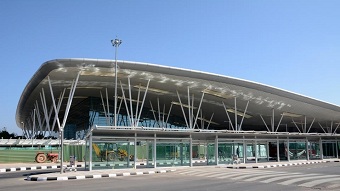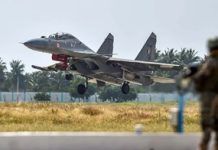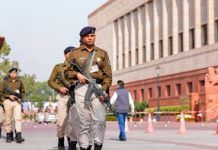Bengaluru’s Kempegowda International Airport may become the country’s first to start using body scanners in place of metal detectors to carry out security checks on passengers. The airport operator has started a proof of concept (PoC) study to determine that the body scanners are indeed better than the conventional security equipment that are presently used at Indian airports.
The Bureau for Civil Aviation Secretary (BCAS) has made it mandatory for so-called hypersensitive airports, or facilities thought to be vulnerable to security risks, to deploy body scanners by April 2020. Delhi, Mumbai, Kolkata, Amritsar, Bengaluru, Hyderabad, and three airports in Jammu and Kashmir are among those classified as such.
Trials at Kempegowda International Airport commenced on July 1 and will continue over the next three to four weeks, a spokesperson for Bengaluru International Airport Limited (BIAL) said.
“Based on specifications issued by the BCAS, BIAL is using body scanners with Millimetre Wave (illumination) technology. This technology ensures that the scanners are safe for pregnant women and people with pacemakers,” the spokesperson said. Body scanners detect objects being carried by a traveller without the need for physical contact such as frisking.
In a communique in April, the BCAS did give air travellers the option of refusing to go through body scanners, in which case they would be subjected to a full pat-down search. Air travellers with medical conditions will also be exempt from security screening by body scanners. They will be screened using door frame metal detectors (DFMDs).
“As per the Government of India guidelines, Bengaluru airport has been advised to go live with body scanners by April 2020. BIAL is currently working towards ensuring that all Door Frame Metal Detectors (DFMDs) would be replaced with body scanners in the security hold areas and at least one set of DFMDs shall be retained for screening of passengers/ persons with medical conditions/ reduced mobility. This decision, however, would be based on the outcome of the PoC,” the BIAL spokesperson added.








